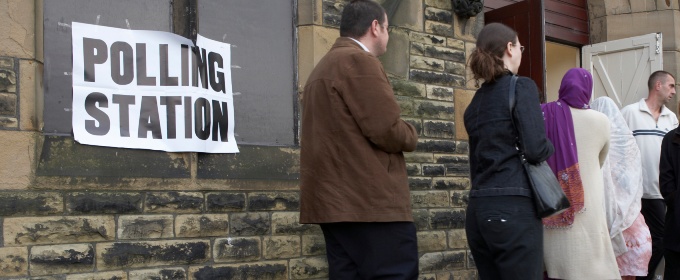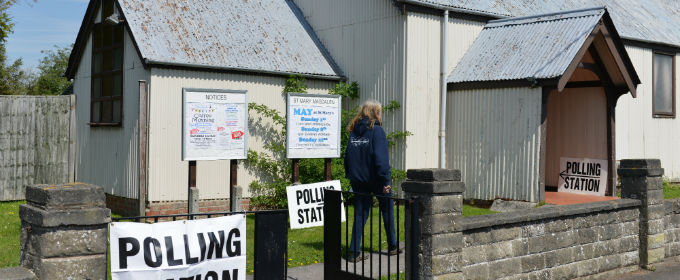On 21 July, Ministers published a report that found the UK Government failed to counter Russian interference in the 2016 Brexit referendum, despite a mounting body of evidence of global efforts to use and abuse digital platforms to influence democratic outcomes. As a result, how can we be sure that what we are being told […]


